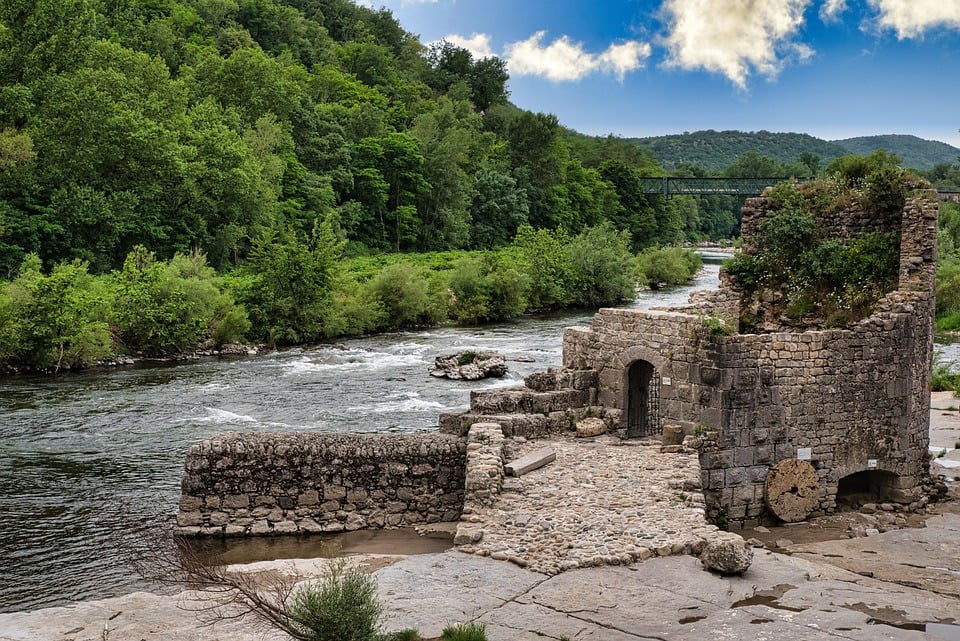In recent years, the topic of climate change has become increasingly prominent in public discourse. Many scientists and researchers have been sounding the alarm about the impact of human activities on the planet’s climate, and the need for urgent action to mitigate these effects. As we look ahead to the future, it is important to consider what our planet may look like in the year 2050 if current trends continue. In this article, we will delve into the historical context of climate change, examine the current state of the environment, and explore predictions for the year 2050.
Historical Context
Climate change is not a new phenomenon. In fact, scientists have been studying the Earth’s climate for decades, and have documented significant changes over time. The Industrial Revolution, which began in the late 18th century, marked the beginning of widespread industrialization and the burning of fossil fuels on a large scale. This led to a rapid increase in greenhouse gas emissions, particularly carbon dioxide, which has contributed to a warming of the Earth’s atmosphere.
Over the years, researchers have observed a number of alarming trends related to climate change, including rising global temperatures, melting ice caps, and extreme weather events. These changes have had a profound impact on ecosystems around the world, with many species struggling to adapt to rapidly changing conditions. It is clear that human activities are driving these changes, and that we must take action to address the root causes of climate change.
Current State
As we look at the current state of the environment, it is clear that the effects of climate change are already being felt. Global temperatures have risen by around 1 degree Celsius since the pre-industrial era, and this trend is expected to continue if no action is taken. Sea levels are rising, glaciers are melting, and extreme weather events such as hurricanes and droughts are becoming more frequent and severe.
One of the most visible signs of climate change is the loss of biodiversity. Many species are facing extinction due to changes in their habitats and food sources. Coral reefs, for example, are under threat from rising ocean temperatures and acidification, which are bleaching and killing off large sections of these important ecosystems.
Future Predictions
Looking ahead to the year 2050, scientists have made a number of predictions about what the planet may look like if current trends continue. These predictions are based on computer models and data collected from around the world, and provide valuable insights into the potential impacts of climate change.
Some key predictions for 2050 include:
– Global temperatures could rise by as much as 2-3 degrees Celsius, leading to more frequent heatwaves and droughts.
– Sea levels could rise by several feet, displacing millions of people living in coastal areas.
– Extreme weather events could become even more common, with hurricanes, floods, and wildfires increasing in frequency and severity.
– Many species may face extinction due to changes in their habitats and food sources.
It is important to note that these predictions are not set in stone, and that much will depend on the actions we take in the coming years to mitigate the effects of climate change. By reducing greenhouse gas emissions, transitioning to renewable energy sources, and taking steps to protect natural ecosystems, we can help to limit the worst impacts of climate change and create a more sustainable future for generations to come.
Conclusion
In conclusion, the predictions for what our planet may look like in 2050 paint a concerning picture of the potential impacts of climate change. However, it is not too late to take action to mitigate these effects and create a more sustainable future for all. By working together to reduce greenhouse gas emissions, protect natural ecosystems, and transition to renewable energy sources, we can help to limit the worst impacts of climate change and create a healthier, more resilient planet for future generations.
Thank you for taking the time to read this article and consider the important issue of climate change. I encourage you to continue to educate yourself about this topic and take action in your own life to reduce your carbon footprint. Together, we can make a difference and create a brighter future for our planet.









